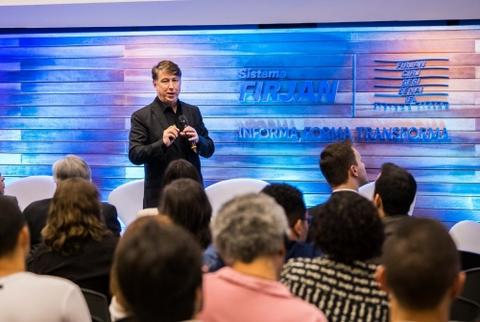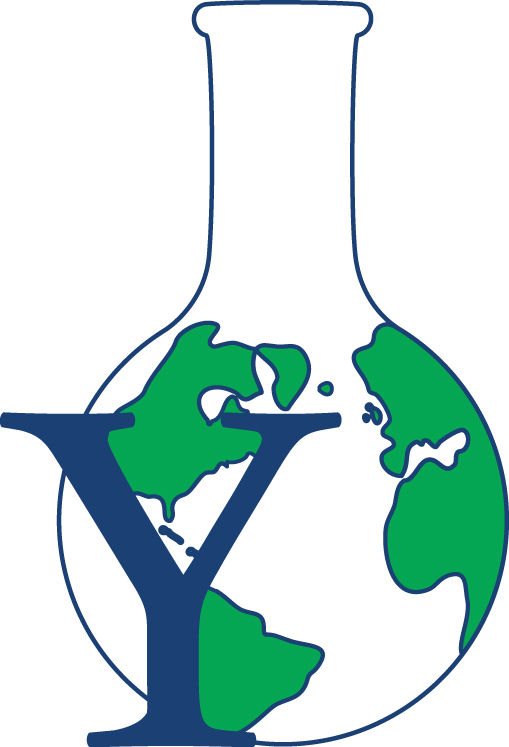
On October 20th, 2017, Professor Paul Anastas gave the opening lecture at the Green Chemistry Day seminar in Rio de Janeiro, Brazil. The seminar was part of a series of workshops funded by the United Nations Industrial Development Organization (UNIDO) and the Global Environment Facility (GEF) for the global project “Guidance development and case study documentation of green chemistry and technologies”. This project aims to raise global awareness of the environmental benefits of the practice of green chemistry.
The event was hosted by the National Industrial Training Service, located in Rio de Janeiro (SENAI), which strives to provide professional education through courses and workshops in different industrial sectors. SENAI Innovation Institute for Green Chemistry belongs to the Federation of the Industries of the State of Rio de Janeiro (FIRJAN), whose mission is to support businesses and promote innovation.
Prof. Anastas’s talk was called “How Green Chemistry Will Influence the Future”. He spoke eloquently to an audience of professionals and students about the need for disruptive innovation if we are to see impactful environmental change. His lecture clearly illustrated how maintaining the status quo in technological and industrial development will continue to negatively impact the environment and the world for future generations.
The event also featured other speakers representing academia and industry.
From the Federal University of Rio de Janeiro, Professor Claudio Mota gave a presentation titled “Turning Green in Sustainable Chemistry: CO2 as Feedstock for the Chemical Industry”. His lecture emphasized the key role CO2 capture plays in reducing the greenhouse effect, as well as showing technologies that capture CO2 and produce more valuable chemicals.
Mr. Roberto Werneck came from the Brazilian petrochemical company Braskem to present a case study on Green Polyethylene. He discussed the synthetic route of green polyethylene from ethanol and its environmental advantages. Braskem is the world’s leading producer of green plastic and has demonstrated the economic feasibility of using renewable raw materials for plastic production on a large scale.
Professor Rafael Luque, from Cordoba University in Spain, spoke on encouraging a universal paradigm change from “produce – use – disposal” to a “circular economy” that accentuates the 3Rs: reduce, reuse, and recycle. His lecture, “Benign-by-design: Methodologies for a More Sustainable Future,” covered cutting-edge research and technology in green chemistry.
The seminar was well attended and included attendees from a variety of fields. Of the 125 people present, roughly half were university professionals or students. The rest of the audience comprised of professionals from industry and research institutes, members of government agencies, and representatives from the Federation of Rio de Janeiro Industries.
The Center for Green Chemistry and Green Engineering at Yale looks forward to continuing to meet members of the scientific and industrial community, collaborate with researchers and developers, and raise awareness of the benefits of green chemistry at seminars and workshops around the world. The next Awareness Raising Workshop will take place in Serbia.
